Chain impact on the science and technology enterprise system
According to Decree No. 133/2025/ND-CP dated June 12, 2025 of the Government guiding decentralization and delegation in the field of state management of the Ministry Science and Technology ; from July 1, 2025 The authority for granting certificates of product and goods quality testing activities has been assigned to the Provincial People's Committee.
The goal of Decree 133/2025/ND-CP is to increase decentralization and decentralization to localities, helping management agencies to be closer to people and businesses. However, the lack of implementation guidance documents makes the regulation "go slower than expected". By November 2025, many localities have not yet issued procedures for receiving registration dossiers for pilot activities. While waiting for the issuance of a circular , the Ministry of Science and Technology has not yet had a temporary mechanism to receive dossiers submitted by businesses after July 1, 2025.
Trial operation license of much business expired but not reissued timely causing many testing contracts to be temporarily suspended, causing damage. great harm not only to businesses operating in the testing field but also manufacturing and import-export businesses .
Have businesses have ISO/IEC 17025 certified testing laboratory, designated by 3 Ministries, and cooperating with international partners But after more than 4 month of application submission re-license still There is no place to receive and process applications . Right "freeze" operations, more than half of workers have to take unpaid leave.
According to statistics from the Ministry of Science and Technology, by the end of October 2025, the whole country had about 954 science and technology enterprises granted operation certificates. more than 1,000 testing labs ISO/IEC 17025 accredited. Hundreds of units are waiting to have their licenses renewed or reissued as required. If the delay in guidance continues, not only businesses inspection The whole system will suffer a chain reaction: contracts will be suspended , international customers will lose confidence, and Vietnam's competitiveness will decline.
The indispensable hierarchy of “runway guidance”
According to regulations, ministries must proactively issue guiding circulars after the decree takes effect. However, in reality, there is a policy lag that sometimes lasts long, creating legal gaps for important administrative regulations.
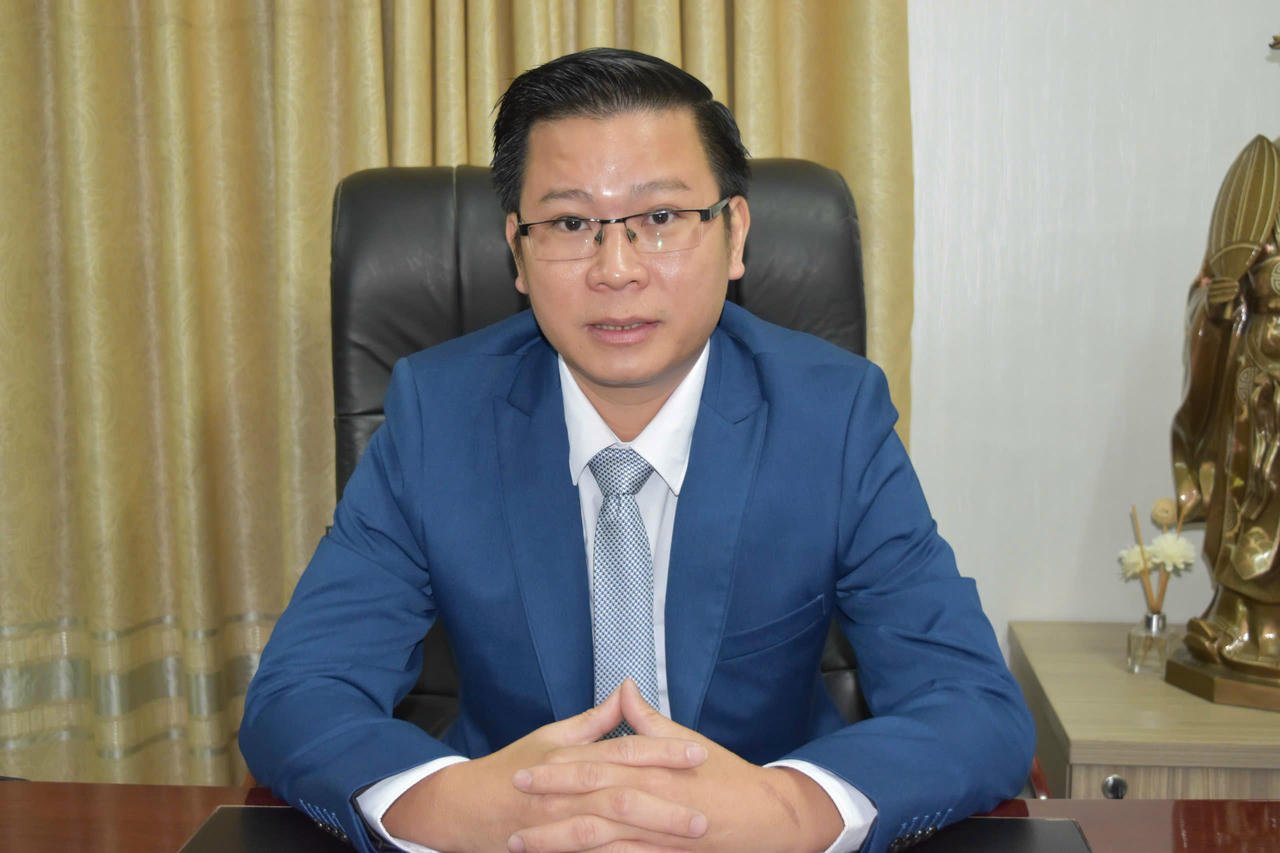
According to Lawyer Nguyen Van Tuan, Director of TGS Law Firm the reason is Decree 133/2025/ND-CP has decentralized and delegated power to provinces and cities, with a term until July 1, 2025, so currently The old agency's refusal was lawful; Article 51 has transferred authority. The Ministries no longer have the legal basis to handle the dossier. The new agency is not yet qualified to execute . According to the Law on Promulgation of Legal Documents , an administrative procedure Only applicable when detailed instructions are available. The Department of Science and Technology has not yet issued a procedure and has not yet trained human resources. should also can not do it by yourself intention to do.
Meanwhile Transitional provisions too narrow ( Article 76 ) “forget” the group of documents submitted in the period from July 1st to the time the province is ready. These documents have the same legal nature as the documents stipulated in Article 76. should There is sufficient basis to apply the law similarly according to Article 6 of the Civil Code and the principles of the Law. Issue V legal documents.
"This is no longer a " procedural problem", but a direct consequence of the transfer of authority but lack of implementation instructions - contrary to the spirit of administrative reform according to the Law on Government Organization 2015 (amended in 2019) and the Law on Promulgation of Legal Documents 2015 (amended in 2020)" Lawyer Tuan emphasized.
Ministries need to "accompany" businesses and localities
November 13, 2025, in Training conference on decentralization and delegation of power by the Ministry of Science and Technology organization, Grandma Nguyen Nhu Quynh , Head of the Legal Department said The Ministry has decentralized, delegated or assigned authority to a total of 103 tasks in 7 management areas. To avoid confusion, the Ministry compiled a “professional handbook” to provide detailed instructions for each administrative procedure . However, the implementation process shows that delegating authority is not easy, because there are The local authorities asked to return the authority because they were afraid they could not do it. Ms. Quynh shared that the reason was not only because of the lack of human resources but also because of the lack of tools, infrastructure and financial guarantee mechanisms.
To resolve the issue, the Ministry of Science and Technology has set up 12 working groups to go to 34 provinces and cities to train, guide and directly handle each specific case; a hotline is maintained to respond to local problems.
According to the assessment of local representatives, these models are considered "lifebuoys" to help the decentralization process take place safely, avoiding the situation of "being assigned work but not knowing where to start".
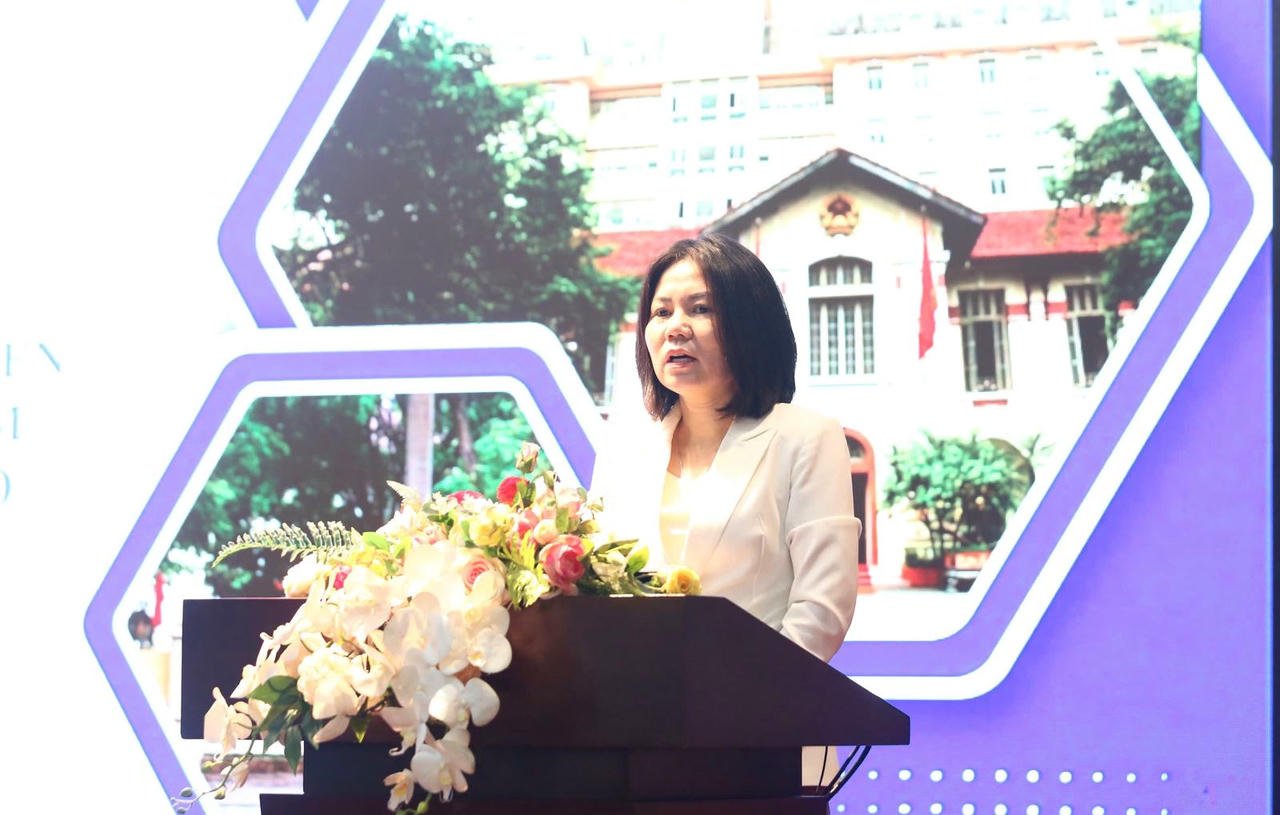
According to Ms. Quynh, Head of the Legal Department, Ministry of Science and Technology, if we only issue documents without working with the locality, even if the policy is correct, the results will still not be achieved. On the contrary, if we work together, the locality will confidently make decisions and that is the real success.
However, there are also opinions that it is necessary to soon have a financial mechanism with decentralization, otherwise it will be difficult for the Departments to be proactive, especially in areas requiring high-tech investment such as radiation, measurement or information technology.
The issuance of a temporary guidance document not only helps science and technology enterprises maintain operations, but also concretizes the spirit of Resolution 68-NQ/TW, creating an open and transparent business environment to help innovation. collaborate enforcing the law to unlock development resources. This is not just an administrative requirement, but a concrete action to protect the legitimate rights and interests of businesses, creating confidence and resilience for Vietnamese businesses in the era of innovation and creativity.
Vietnam Law Newspaper will continue to inform.
Source: https://baophapluat.vn/khoang-trong-phap-ly-dong-bang-quyen-kinh-doanh-hop-phap-cua-doanh-nghiep.html


![[Photo] Prime Minister Pham Minh Chinh attends the patriotic emulation congress of the banking sector](/_next/image?url=https%3A%2F%2Fvphoto.vietnam.vn%2Fthumb%2F1200x675%2Fvietnam%2Fresource%2FIMAGE%2F2025%2F11%2F24%2F1763981997729_tt-nhnn-jpg.webp&w=3840&q=75)

![[Photo] National Assembly Chairman Tran Thanh Man receives a business delegation from the Europe-ASEAN Business Council](/_next/image?url=https%3A%2F%2Fvphoto.vietnam.vn%2Fthumb%2F1200x675%2Fvietnam%2Fresource%2FIMAGE%2F2025%2F11%2F24%2F1763989198212_ndo_br_bnd-7394-jpg.webp&w=3840&q=75)



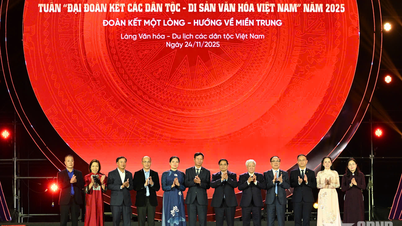






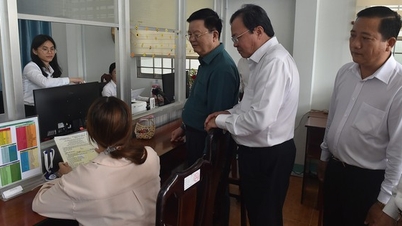






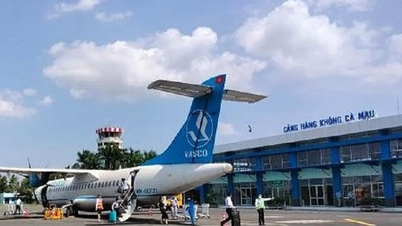

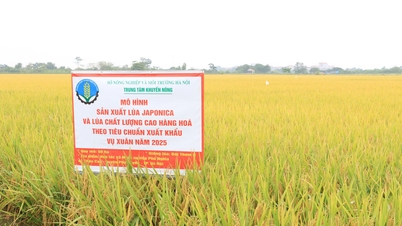
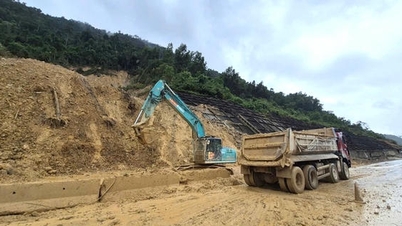



![[Photo] Next to the "mountain of trash" after the flood, Tuy Hoa residents strive to rebuild their lives](/_next/image?url=https%3A%2F%2Fvphoto.vietnam.vn%2Fthumb%2F1200x675%2Fvietnam%2Fresource%2FIMAGE%2F2025%2F11%2F24%2F1763951389752_image-1-jpg.webp&w=3840&q=75)


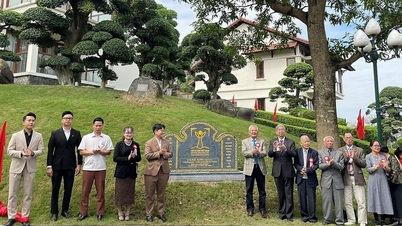



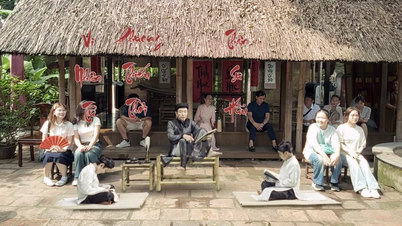

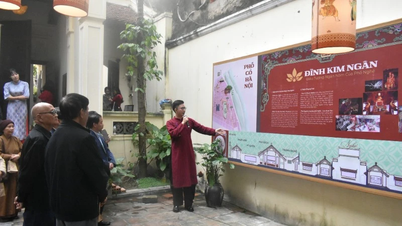









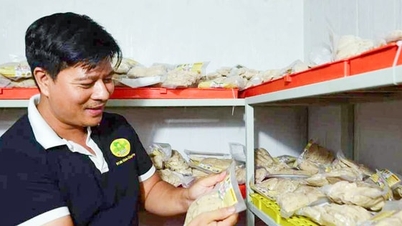





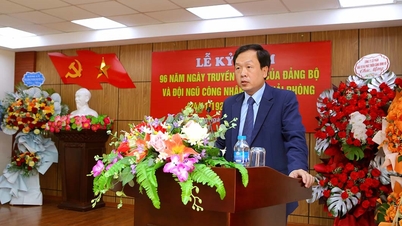


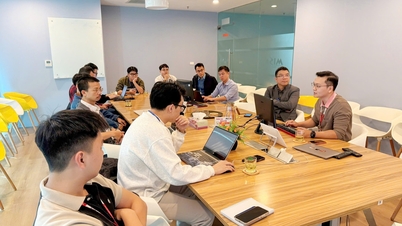

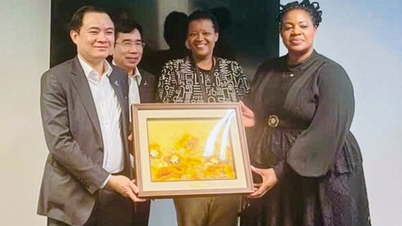
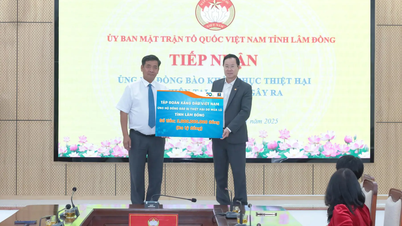






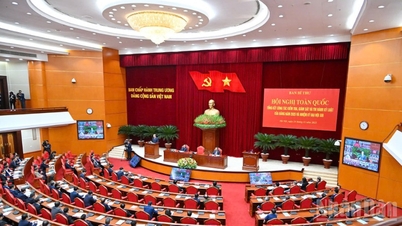

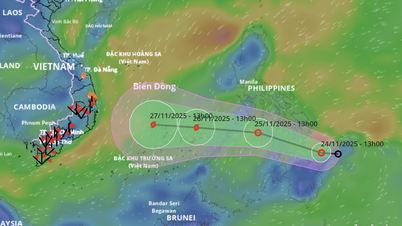




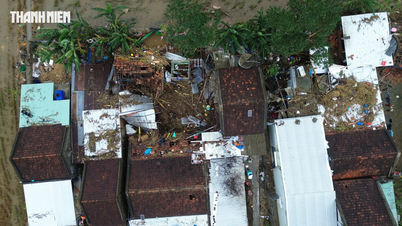
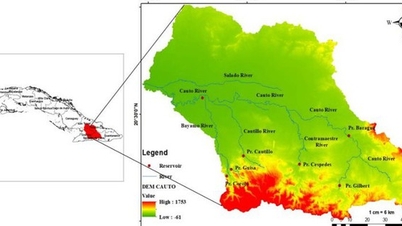

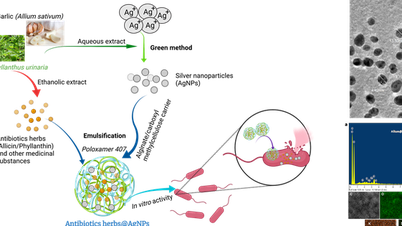



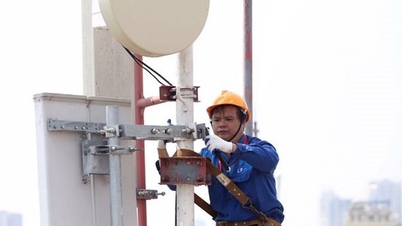




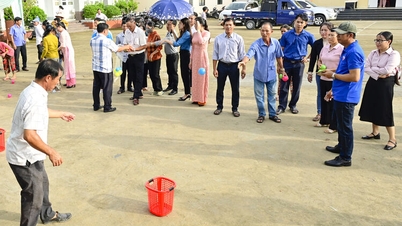

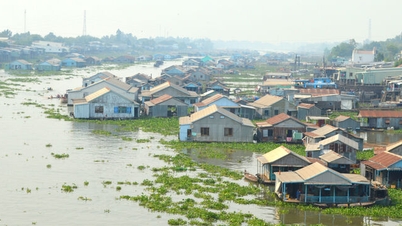
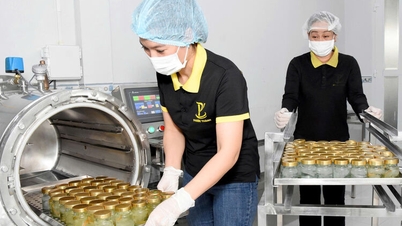
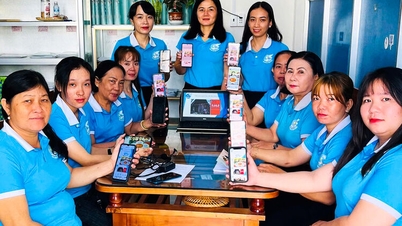












Comment (0)